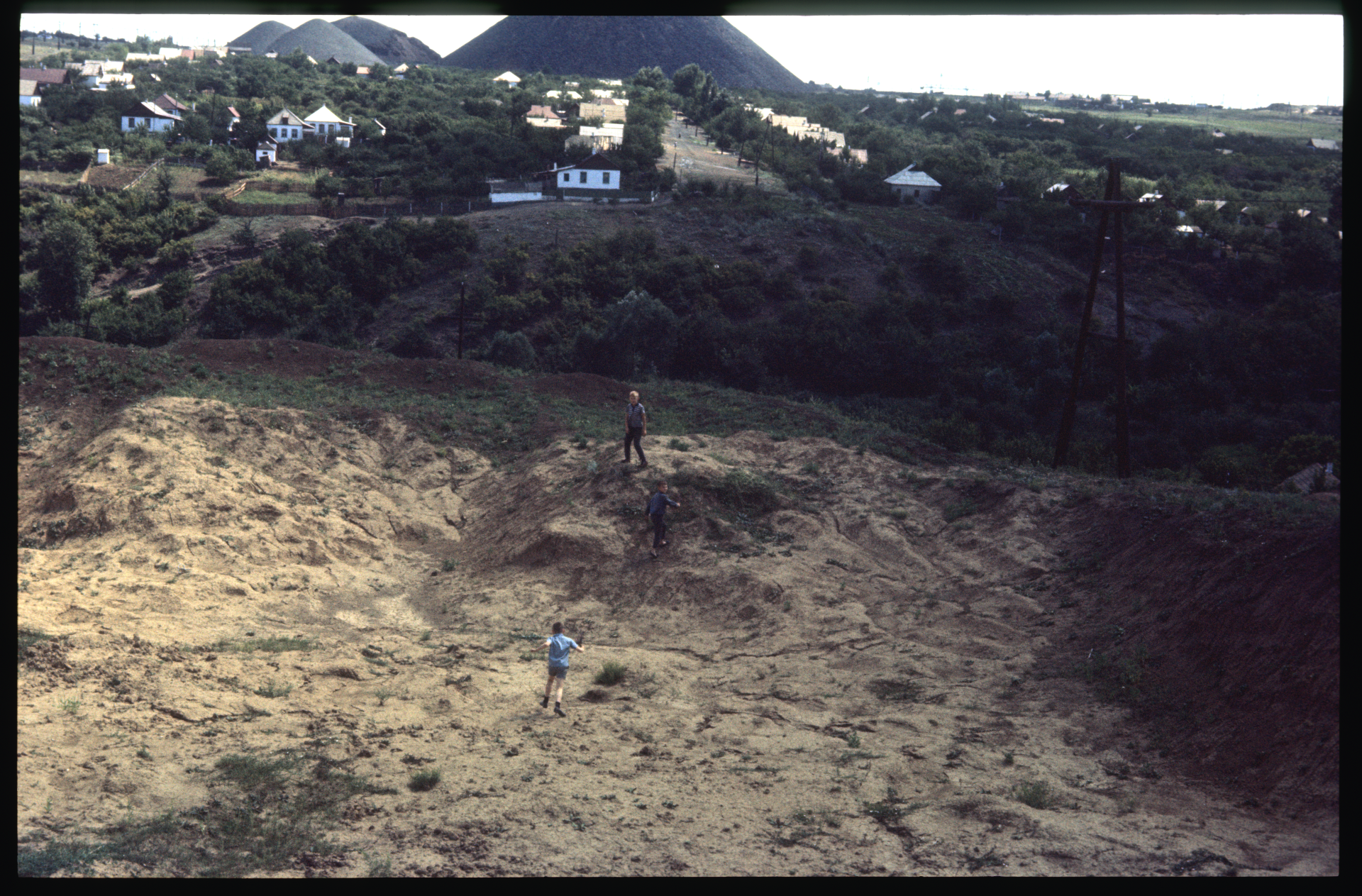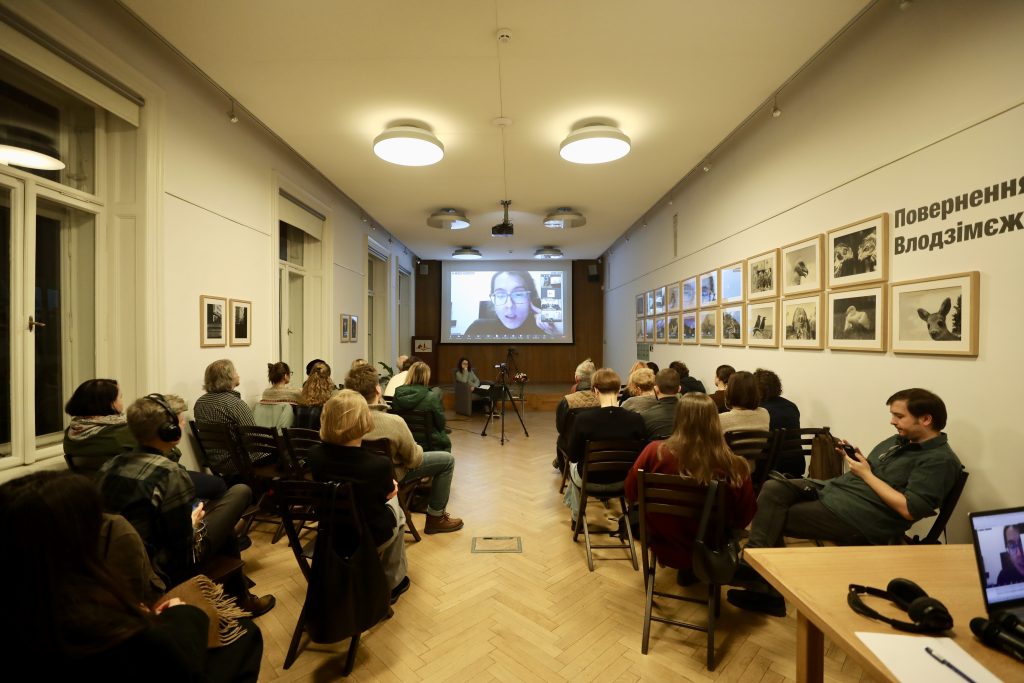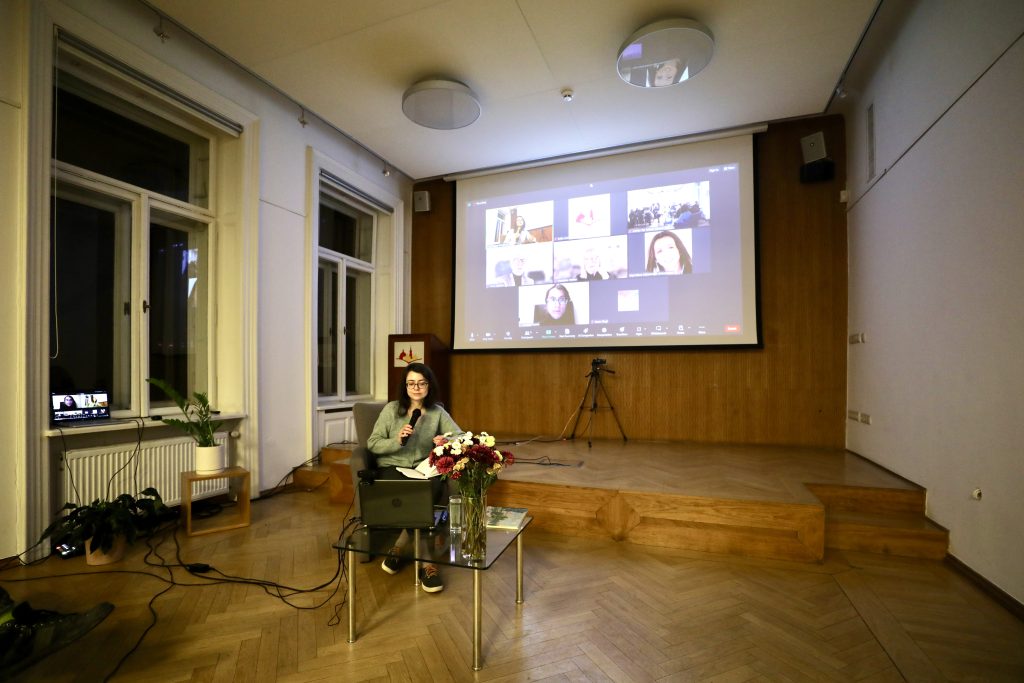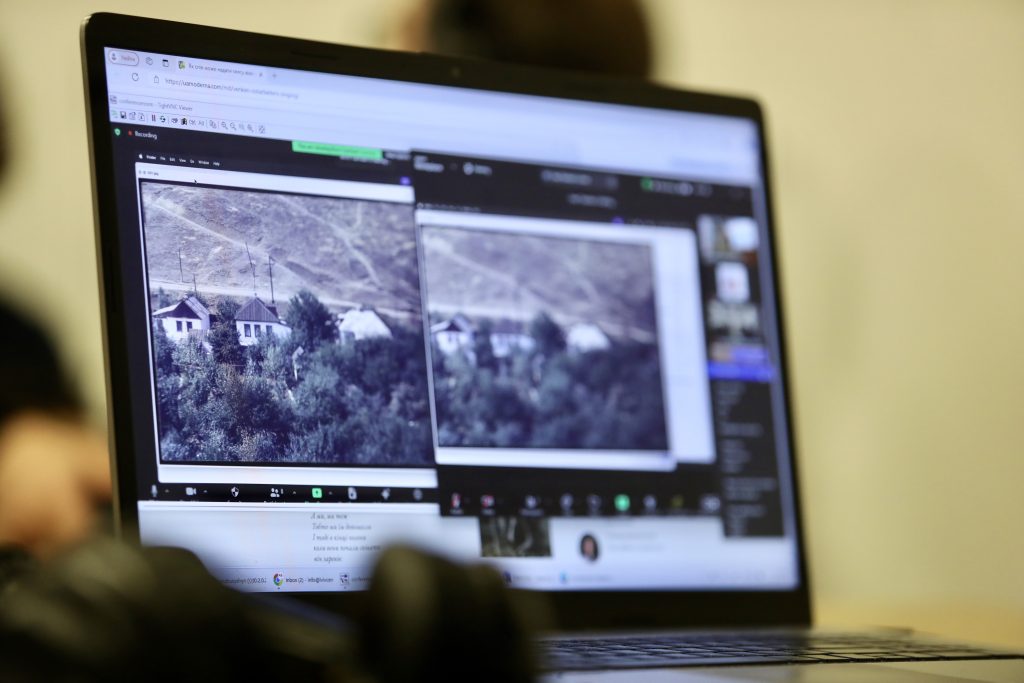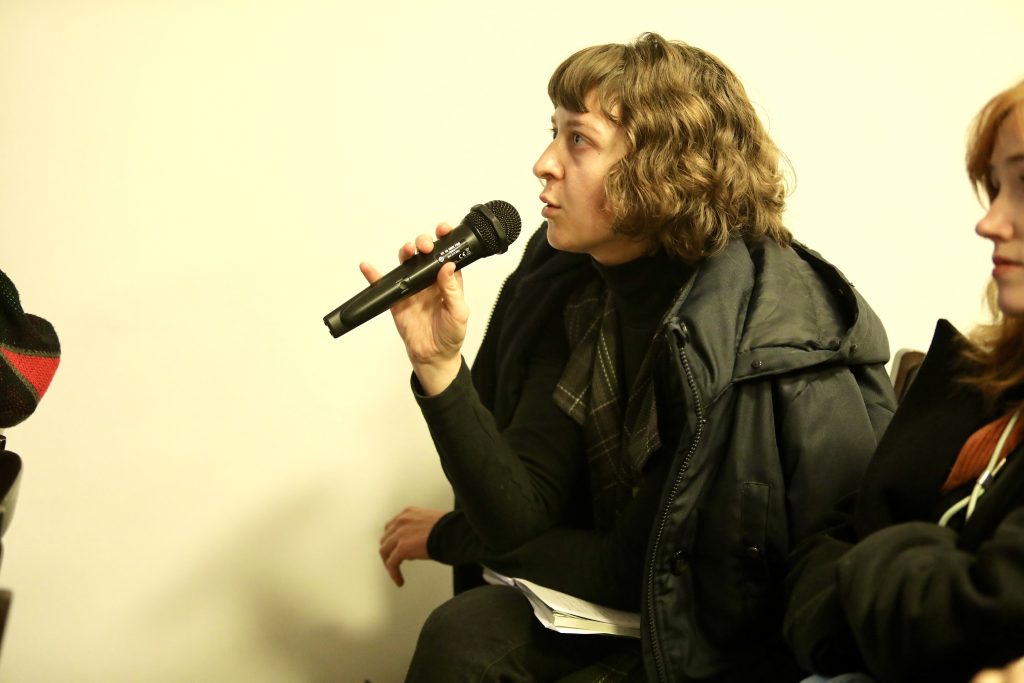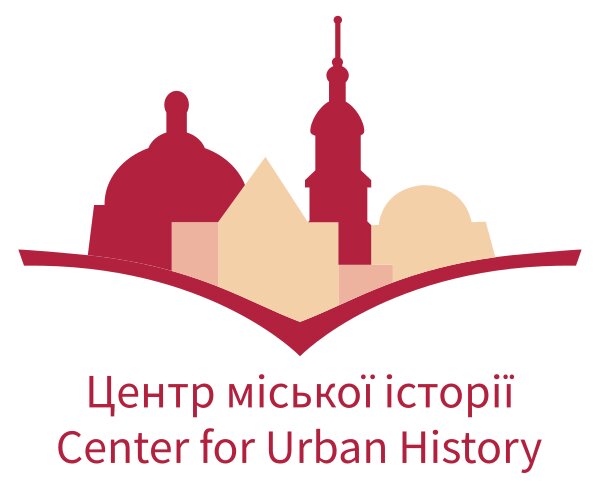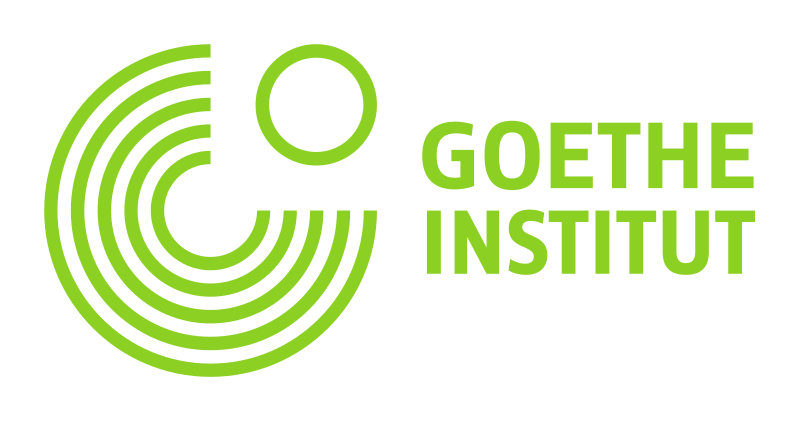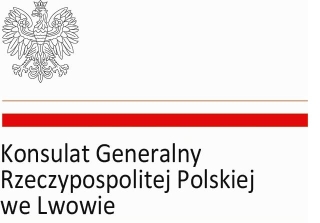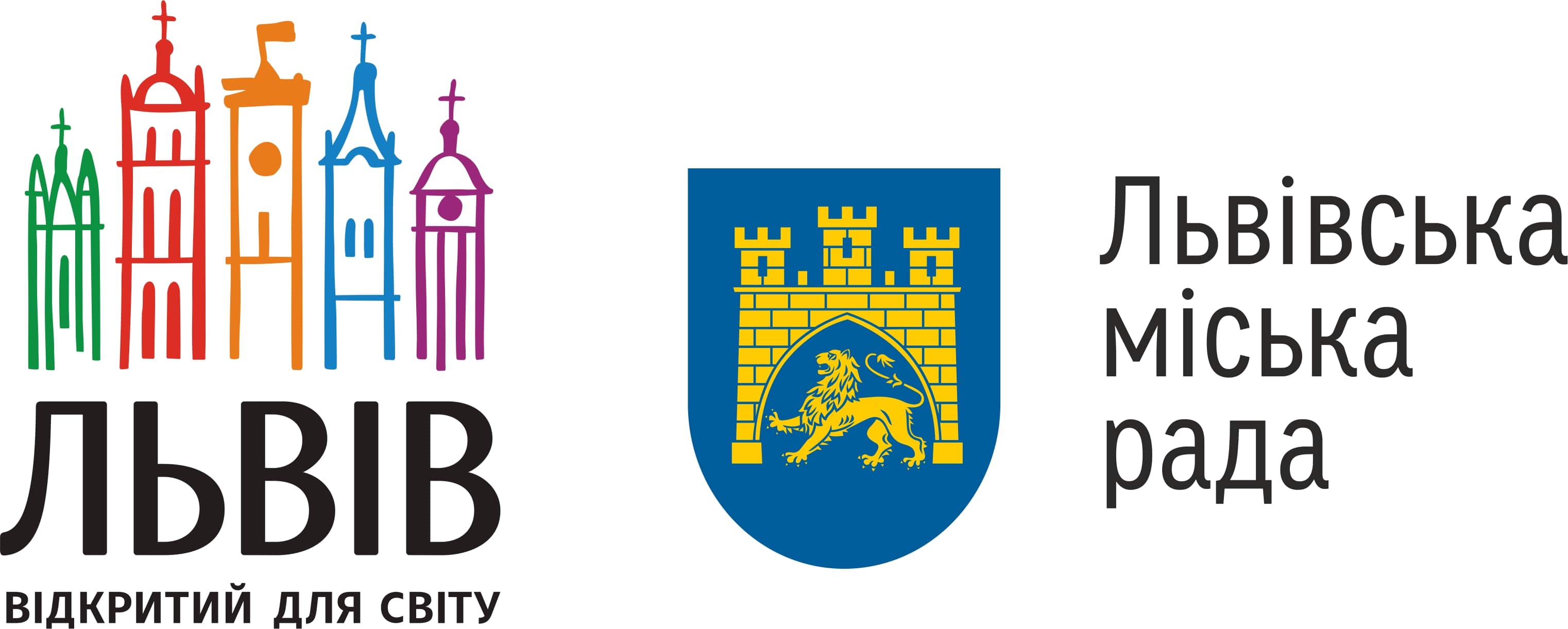Through Borders and Systems: Family Trips on the Slides of a Single Collection
27.11.2024, 18:30
Conference Room of the Center for Urban History
We invite you to a joint viewing of a part of Marianne Dekker's digitized collection and a conversation around these materials.
After the full-scale invasion of the Urban Media Archive began, Marianne Dekker and Kees Tazelaar wrote to us with a desire to share their family's archive. Significant media coverage drew their attention to the town of Chystiakove (formerly Torez), which has been occupied since 2014. It was there that they and their parents visited in 1960-1970 from the Netherlands and kept photos, slides, and documents from their travels.
The reason for the trips was the desire to meet with the relatives of Marianne's mother, Lydia. During World War II, she, like many teenagers, was forcibly taken to Germany for forced labor. However, after the war, she managed to leave for the Netherlands and later started a family with Marinus Dekker.
The first part of the materials is already available for viewing on the website of the Urban Media Archive and consists mostly of printed photographs: studio portraits exchanged by family members in correspondence, and everyday photographs and slides taken during their time together. Magazine covers, travel brochures, and movie tickets complement the visual history as documentary evidence and add a tactile dimension to it.
From Marianne's memories, we know that these materials were screened in the Netherlands: “Our friends and acquaintances considered our trips to such a distant and unfriendly country [the USSR] a risky adventure. Therefore, when my father returned home, he was eager to show that we actually had a very good time with our relatives. We traveled a lot in the vicinity of Torez and were welcomed everywhere. We traveled to Sviatohirsk, where uncle Volodymyr lived, to Donetsk, to Kyiv, and then to other cities throughout Ukraine [...]. My father always took his camera (or even two) with him and always took pictures of the completely different life that our relatives lived in Torez and the surrounding area.”
After the Second World War, many families were separated and found themselves on different sides of the new borders, but not everyone managed to overcome the Iron Curtain and maintain relationships. Marianne's story is a rather rare case of detailed visual documentation of the meeting of “two worlds, two ways of life”– capitalist and socialist – through the prism of an amateur camera, not the official media.
During the event, we will view slides from the Marianne family's numerous returns to their homeland, talk about international tourism to the Soviet Union, and slides as part of visual culture. The domestic subject of the Dekker collection reveals to us the stories of visits and leisure activities of the time. But at the same time, it allows us to consider other uses and functions of positive film: from creating souvenirs to creative works, and this was due to the opportunities it offered.
This talk will be a summary of the results of the project "Homing: Returns of People, Places and Archive" and will allow us to retrospectively recall the collections that were processed within its framework.
The conversation will be joined by:
- Marianne Dekker – visual artist, owner of a digitized collection;
- Kees Tazelaar – a professional musician and teacher;
- Anastasiya Kholyavka– head of the Urban Media Archive project;
- Iryna Sklokina – historian, researcher at the Center for Urban History.
Drawing on the metaphor of "returns," which is particularly sensitive today, the series "Domowroty / ПОВЕРНЕННЯ / Homing" actualizes reflections on the constant process of physical and material return, as well as emotional and intellectual reflections on what is place, belonging, and connection. The public program is part of the project "Homing: Returns of People, Places and Archive." The project is implemented in cooperation with the Goethe-Institut in Ukraine.
The exhibition "Domowroty / ПОВЕРНЕННЯ / Homing.Włodzimierz Puchalski" is organized by Andrij Bojarov, Center for Urban History and Lviv Municipal Art Center in partnership with the Consulate General of the Republic of Poland in Lviv and Department of Culture of the Lviv City Council.
Credits
Cover Image: digitized photo slide from Chystiakove / collection of Mariane Decker / Urban Media Archive of the Center for Urban History
Gallery: Ira Sereda
